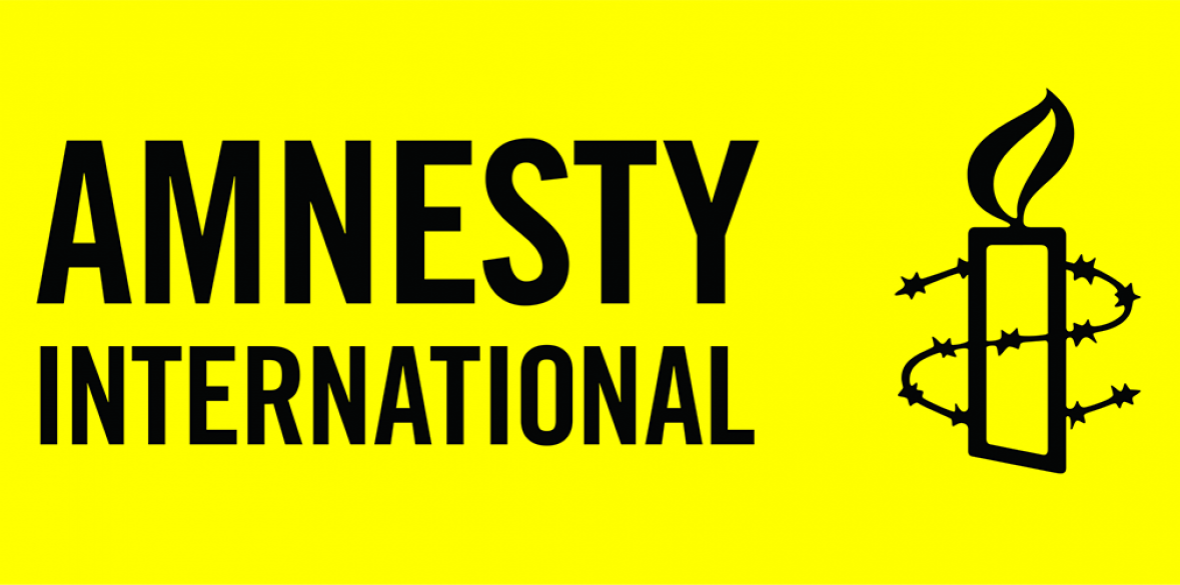THE furious backlash against Amnesty International for an investigation suggesting Ukraine may have committed war crimes is an ominous sign of the times.
No matter that the study emphasised there was no justification for Russia’s shelling of civilian targets.
Simply reporting the fact that Ukraine was placing civilians in danger by launching attacks on Russian forces from residential areas has been enough to see the rights group labelled “Putin’s propagandists” in The Times and savaged as “morally bankrupt” by the ever-hysterical Stephen Pollard in the Telegraph.
Pollard, who has previously accused Amnesty of anti-semitism for describing Israel’s systematic oppression of Palestinians as “apartheid,” believes the organisation is driven by “anti-Western obsessions” and belongs “on the fringes of extreme left politics.”
But Amnesty is not on the left. It is a liberal organisation which promotes a liberal understanding of human rights.
Anti-imperialists have long had cause to criticise a charity whose campaigns have as often served US foreign policy interests as contradicted them.
Amnesty itself would argue that this is down to impartiality. That it calls out “human rights abuses” wherever they are committed.
Socialists could retort that impartiality in a world of oppressors and oppressed is to side with the oppressors.
Amnesty has historically ignored the dynamics of imperialism and the power structures that maintain the political and economic supremacy of the West over the majority of humanity.
It will equate the actions of an embattled left government trying to stop violent counter-revolution with those of a brutish imperialist state persecuting a minority.
So no matter that in Venezuela US-funded white supremacists might be dousing suspected “Chavistas” in petrol and setting them alight, or stringing metal wires across roads to decapitate motorcyclists: using police force to fight back against armed revolt amounted to “a policy of repression” by President Nicolas Maduro.
So after a year of popular resistance defeated the military coup in Bolivia and overthrew the army-appointed president Jeanine Anez, the elected government’s decision to prosecute her for multiple massacres was deemed to show a “pattern of bias in the system of justice” by Amnesty.
This is not evidence of bias exactly, though individual Amnesty reports can show it. It is rather the consequence of an individualist approach that ignores the power relations that define exploitation, oppression, resistance and revolt.
That’s why Amnesty could never accept Nelson Mandela as a “prisoner of conscience,” since armed revolutionary struggle was in its eyes the same as armed state repression.
In an analogous way, its liberal approach to human beings as atomised individuals, whose rights exist independently of social context, explains its more recent lobbying for legalisation of the sex trade: with the buying and selling of sex seen as a transaction agreed freely between equals, when it looks very different if considered as a coercive industry built on human trafficking, child abuse and women’s oppression.
Clashing views on human rights are not new. Talks on the UN Declaration of Human Rights in the 1940s exposed a gulf between a “Western” view of individual rights defined mostly against state interference on questions such as free expression or religious observance, and a Soviet approach which emphasised rights to things: housing, healthcare, education.
Amnesty’s entire tradition stresses the former, Western view. This is why it cared more last year about the arrest of a Hong Kong media tycoon (Jimmy Lai) than about the elimination of absolute poverty across China.
If it is now being accused of anti-Western bias, this speaks to the rise of a dangerously illiberal agenda in Establishment media.
Amnesty may not be on the left. But it should still be defended from right-wing attacks.
Their aim is to silence dissenting voices entirely — and promote a worldview in which the US and its allies can do no wrong, while its adversaries are evil incarnate.










